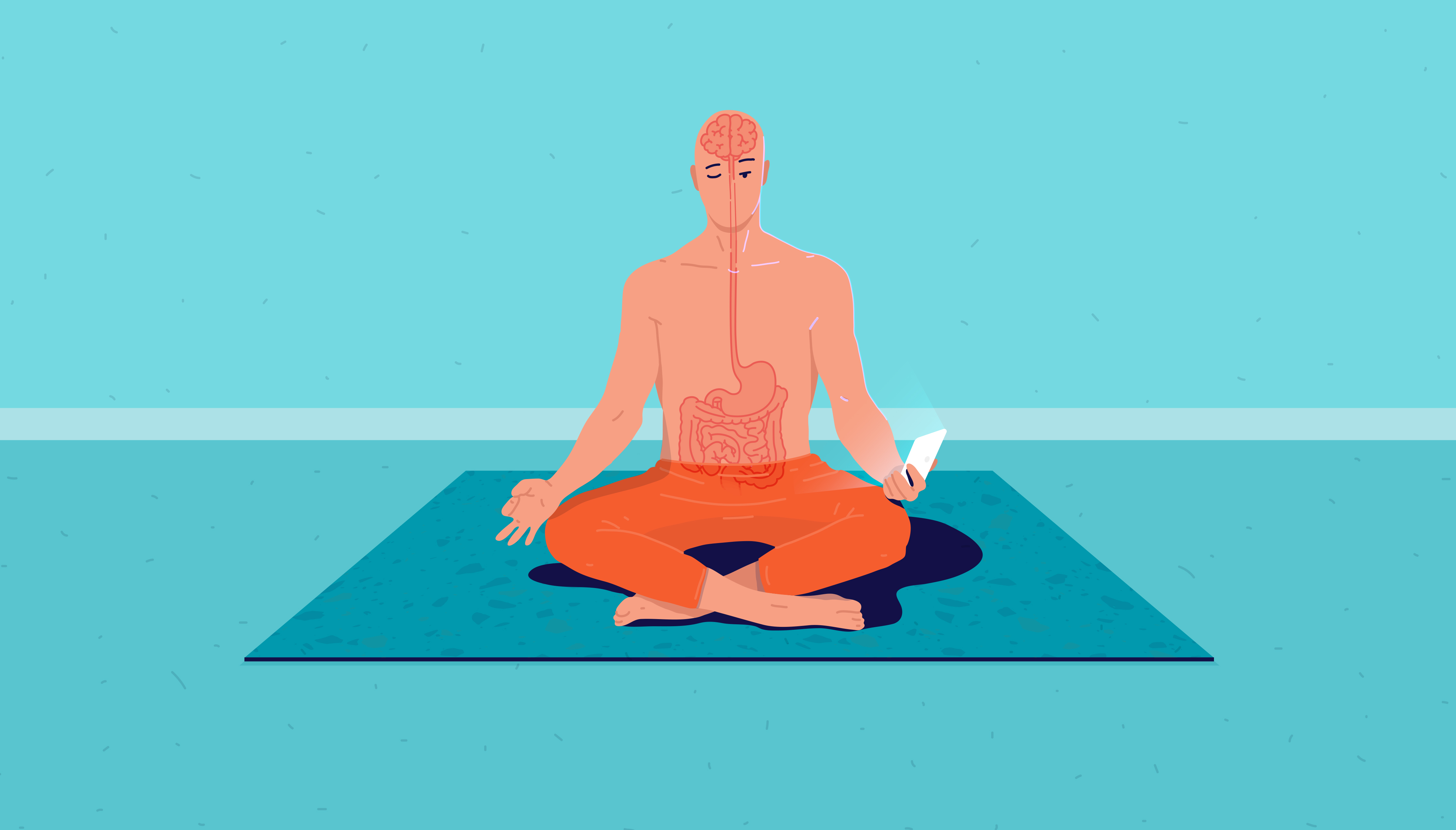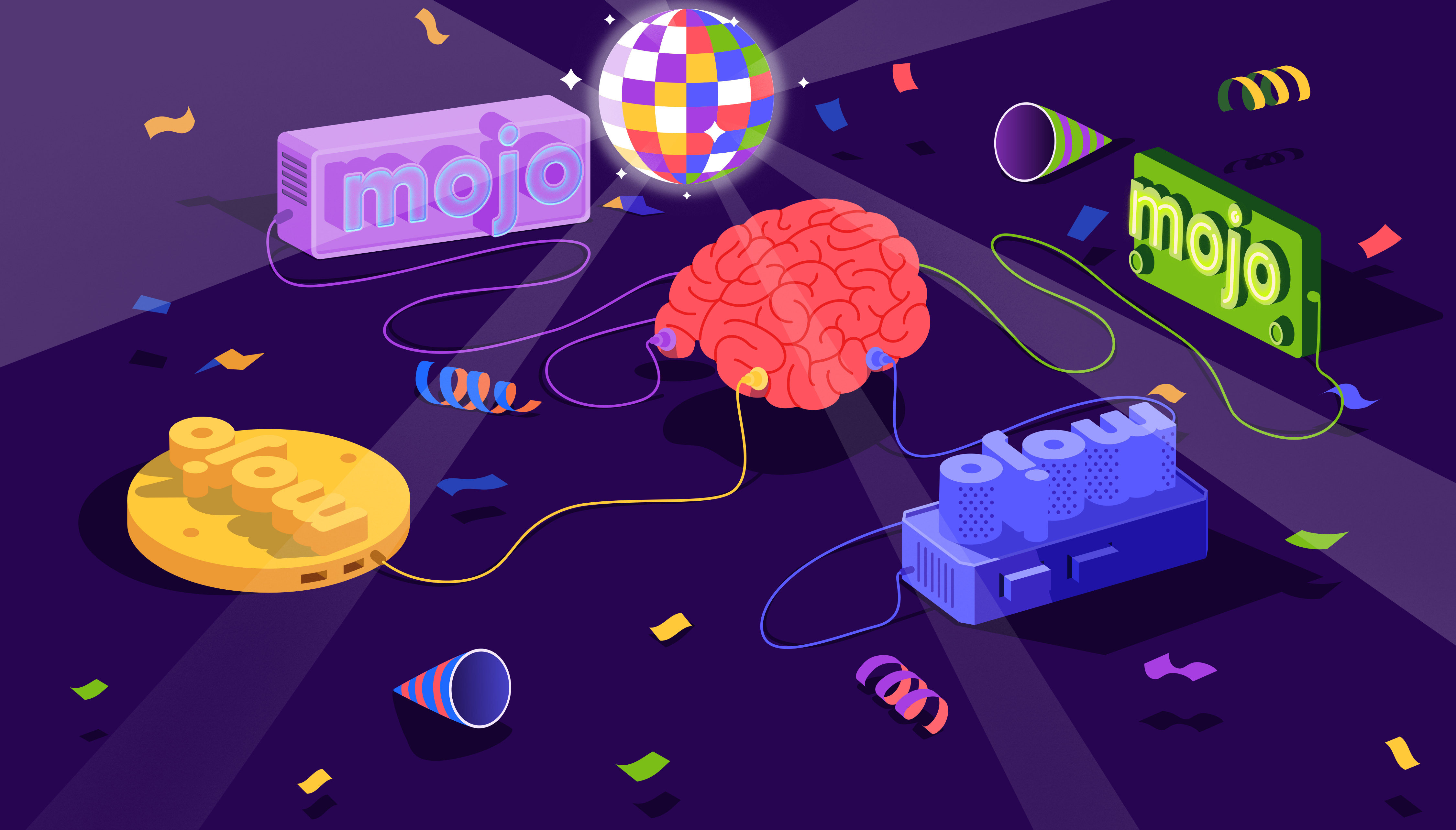The science of love has often been regarded with disdain: a fringe field pockmarked with wild-eyed romantics, unverifiable theories and desperate women. Boy, were we wrong.
Possibly one of the greatest errors of the past 50 years was to discard love on the trash heap of culture, along with books and modesty. Contrary to the myth peddled by most media nowadays, sex without love is like getting glasses when you could get laser surgery.
Love has been abused by society; for humans rarely suffer what is unquantifiable without retaliation. In this case, love was administered an above-average dose of mockery and contempt. Only now do we have the technology to elucidate the puzzling truths of this very human pursuit.
It’s time to finally redress the wrongs that have besmirched the good name of Love. In this examination of romance, we will not seek to capture its elusive nature or manipulate its existence. Instead we will focus the investigation on our biological reality: the sticky wet pond of life.
We will assess the basic function of attachment for our species (and others) from an evolutionary and medical perspective, building on findings in the fields of neuroscience, psychology and ethnology.
Our study will target two primary manifestations of love that are both anchored in one reality: romantic love and parental love, for they both belong to one higher aim: the perpetuation of our species.
1. Evolution made love possible
Love is a likely survival mechanism embedded in our DNA to ensure we reproduce without killing our young. After all, the perpetuation of the species is an essential goal that is deeply ingrained in every living thing, be it mushrooms, molluscs or men.
But we all go about it in our own ways, and how we do it distinguishes mammals from reptiles on the tree of life. In fact, it was the emergence of additional brain tissue that differentiates us. Mammals grew a limbic system - reptiles didn't.
Not only do we not lay eggs, but we behave completely differently with our young. Reptiles tend to ignore (and occasionally eat) their offspring, whereas our limbic system has us primed for interaction, communication and nurturance.
2. Our mammal brains evolved to be social
You can blame the limbic system for your sensitivity to the shrill cries of distress from babies. Because when our young are distressed, we are too. And is not love to share in the distress of the other? To seek its alleviation by all means within our power?
Growing a limbic system also led to a particular distinction in how we interact. Humans are not designed to be alone. We are not lizards and we do not cannibalise our young for disturbing our eardrums – Komodo dragons do. We are social by nature, as conditioned by our limbic system.
Like all primates, we groom, nurture and provide for our group. Whether it's a screaming baby, tears of heartbreak or the dull throb of bereavement - these events are all sources of physical stress for humans.
Basically, the limbic system is what triggers screaming in infants separated from their caregiver - and distress in caregiver. It's also what makes your heart thump when you've misplaced the stroller (and the baby inside it).
Love is wanting the best for your child, parent or partner. The activation of our HPA axis in response to emotional events reveals much about the human condition, the importance of love and the consequences of its absence.
3. Loving touch has a healing and protective role
One of the main manifestations of love is touch, whether it is a romantic partner gently placing a reassuring hand on your arm or a mother holding her newborn baby.
Profound examples of the physical benefits of loving touch can be found in the medical protocols for premature babies. Skin-to-skin contact (SSC) of mothers and their preterm babies has been shown to improve a number of essential parameters.
🤱 According to a 2010 study published in the International Journal of Nursing Studies, “Results of studies have shown that SSC promotes beneficial physiological conditions such as increased quiet sleep state and more stable thermoregulation, heart rate, respiratory rate, and higher oxygen saturation.”
Furthermore, another study showed that massage with moderate pressure enhanced weight gain and bone density in premature babies.
In fact, gentle touch may influence far more than basic physiological metrics in preterm babies. It may even affect brain development and counteract the consequences of painful medical procedures that are typically required for babies who leave the womb too early.
4. Touch deprivation, depression and loneliness
Primates, our closest cousins, spend 10–20 percent of their day engaged in mutual grooming. However in humans, touch deprivation is a growing area of concern and research in high-income countries where loneliness and feelings of isolation are on the rise.
Changes in social structures mean that people remain single for longer, making them more likely to live alone. At the same time, internet has permeated human communication and resulted in more online interaction and less actual face time.
Lack of physical contact has been associated with depression and shown to affect self-esteem. Interestingly in humans, as demonstrated by a landmark 1960s study by psychologist Sidney Jourard, frequency of physical contact is mediated by cultural factors.
Depression is often higher in English-speaking nations. For example, 16.1 million Americans are affected by major depressive disorder, which is also the leading cause of disability in the country for people ages 15 to 44.3 years old.
The NHS also ranks depression in the top 3 most prevalent conditions in the population and registered by healthcare providers. Data by the OECD, a club of rich countries, published in 2014 showed that neighbouring Ireland was one of the most depressed countries in the group.
5. Happy marriages make healthier couples
If you are from a standoffish nation, the main source of physical contact is likely to be your mate. And considering how touch can significantly improve health outcomes for premature babies, it isn’t a stretch to imagine that it could have benefits for adults too.
A number of studies over recent decades have identified a correlation between marriage, longevity and reduced disease risk. This social institution is much more that a legal contract or a manifestation of the ether, it has actual health benefits.
💑 Married people tend to live longer, are less likely to become depressed or to be diagnosed with advanced cancer. They’re also more likely to live longer after cancer diagnosis and have fewer strokes and heart attacks. Spouses even have better survival rates after major surgery.
On the other hand, divorced people were more likely to die of a stroke, and single people (both sexes) had increased odds of suffering a fatal heart attack. Unhappy marriages are also probably bad for your health. For example, aggressive marital conflicts can trigger inflammation.
Essentially, to reap the benefits of marriage, several recent studies indicate that relationship quality is an important factor.
A 6-year study of 620 married British fathers found that the happily married participants had better cardiovascular markers like lower LDL cholesterol (the "bad" one) and body mass index (BMI). The same study also found that “deteriorating relationships” were associated worse diastolic blood pressure.
And while it has been widely touted that happily married men are the primary beneficiaries of extended lifespan, a 2018 study of American marriages indicates that it may benefit both sexes equally:
“The odds of dying for married individuals who described their marriage as very happy or pretty happy were significantly lower than the odds of dying for married individuals who described their marriage as not too happy.”
☝️ Remember
So there you have it. Love is not just a foreign concept cooked up by the French to taste your tonsils. Nor is it a fantasy dreamed up by desperate cat ladies to channel their unrequited romantic ardour. It is not just the stuff of novels filled with buff men, poor plots and rubber duck moments for the post-menopausal population.
Love is a profound physiological concept anchored in our evolution and with repercussions for health and wellbeing. It is time to connect with a deeper appreciation of our basic need for contact and tenderness. Not only is it likely to improve your physical and mental health, it might also save on STD treatments, sexual health clinics and embarrassing conversations.
- [Thomas Lewis, Fari Amini and Richard Lannon, A general theory of love, 2000]
- Kalyan B. Bhattacharyya, James Wenceslaus Papez, His Circuit, and Emotion 2017
- Effect of Early Skin-to-Skin Contact on Mother-Preterm Infant Interaction Through 18 Months: Randomized Controlled Trial
- Premature babies’ brains respond differently to gentle touching
- Preterm Infant Massage Therapy Research: A Review
Hands on research: the science of touch - Facts and statistics, Anxiety and Depression Association of America
- Saul McLeod, Attachment theory
- N. Punyanunt-Carter, Development and validity testing of a measure of touch deprivation 2009
- NHS Prevalence, Achievements and Exceptions workbooks 2016
- Changes in marital quality over 6 years and its association with cardiovascular disease risk factors in men: findings from the ALSPAC prospective cohort study
- Marital status and risk of cardiovascular diseases: a systematic review and meta-analysis
- TF Robles et al., Marital quality and health: a meta-analytic review 2014
- RN Kaplan and RG Kronick, Marital status and longevity in the United States population 2006
- MA Whisman et al., Marital satisfaction and mortality in the United States adult population 2018




















